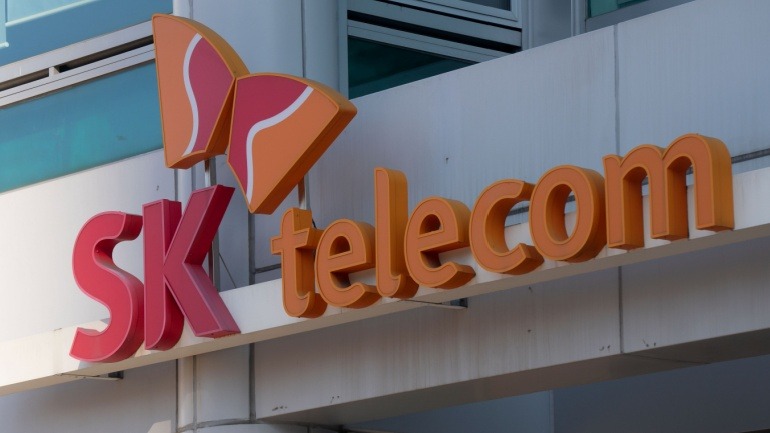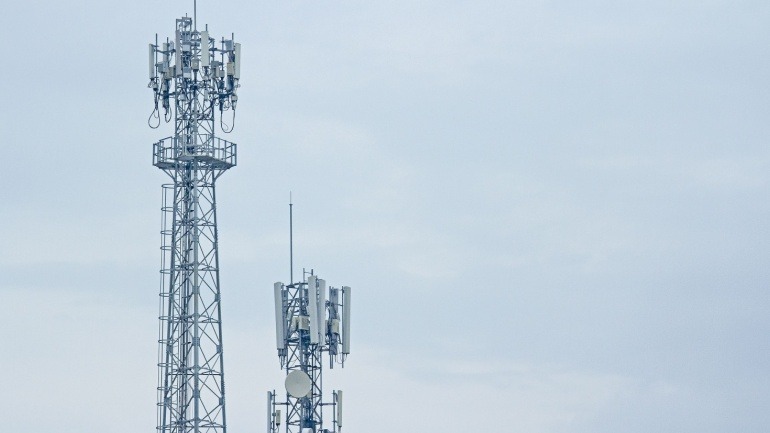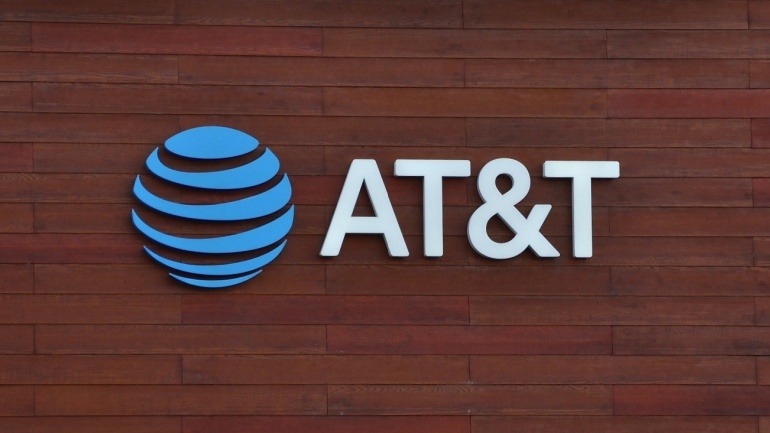SK Telecom saw 5G subscribers rise to 17 million despite a cybersecurity setback, while profits fell sharply due to higher infrastructure spending. Its AI business grew strongly, driven by data center and business solutions sales, with major AWS-backed expansion plans.
Airtel’s digital arm Xtelify has unveiled a cloud and AI platform designed for telecoms and enterprises. Hosted in India, it cuts costs and boosts performance while supporting data sovereignty.
SK Telecom’s launch of ‘Haein’, a cutting-edge GPU-as-a-Service, marks a significant leap in Korea’s AI infrastructure. With over 1,000 NVIDIA B200 GPUs, Haein supersedes previous offerings, setting a new AI standard.
Globe Telecom is finalizing a major tower sale, divesting nearly seven thousand sites since 2022 and raising over PHP89 billion. The proceeds strengthen liquidity, reduce debts, and fund future expansions. Recent deals with MIDC and PhilTower mark steady progress toward a leaner, more agile operation.
Virgin Media O2 Daisy enters the UK business telecom sector with a combined legacy of scale and expertise. The venture promises streamlined services across mobile, broadband, cloud and security, offering businesses a single partner for connectivity and growth.
TIM is offering Italian customers a year of free access to Perplexity Pro, an AI platform delivering real time answers for daily questions and research. Users gain unlimited searches, voice sessions and document analysis.
SK Telecom propels AI into the future with its innovative AX 3.1 Lite model, optimizing mobile applications with its 7 billion parameter structure. Through open-source accessibility on Hugging Face, SK Telecom aims to revolutionize localized language processing.
Trimble and KT Corporation are partnering to expand precise positioning and telecom services in South Korea, targeting automotive and IoT sectors. Leveraging the Trimble RTX Fast network, the collaboration offers centimeter-level accuracy, seamless integration, and nationwide coverage.
After criticizing AT&T for a conference call glitch, Donald Trump hinted at switching providers while promoting his new mobile venture. AT&T denied fault, citing a third-party platform. The timing is critical as the company faces scrutiny over past data breaches and ongoing lawsuits.
SoftBank’s $15 million investment in Sceye could revolutionize telecommunications through High Altitude Platform Station (HAPS) services. Utilizing stratospheric airships for connectivity, this venture aims to enhance VoIP communication, especially in remote areas, by 2026. This innovative approach promises improved network coverage, aligning with SoftBank’s enduring commitment to telecom advancement.













